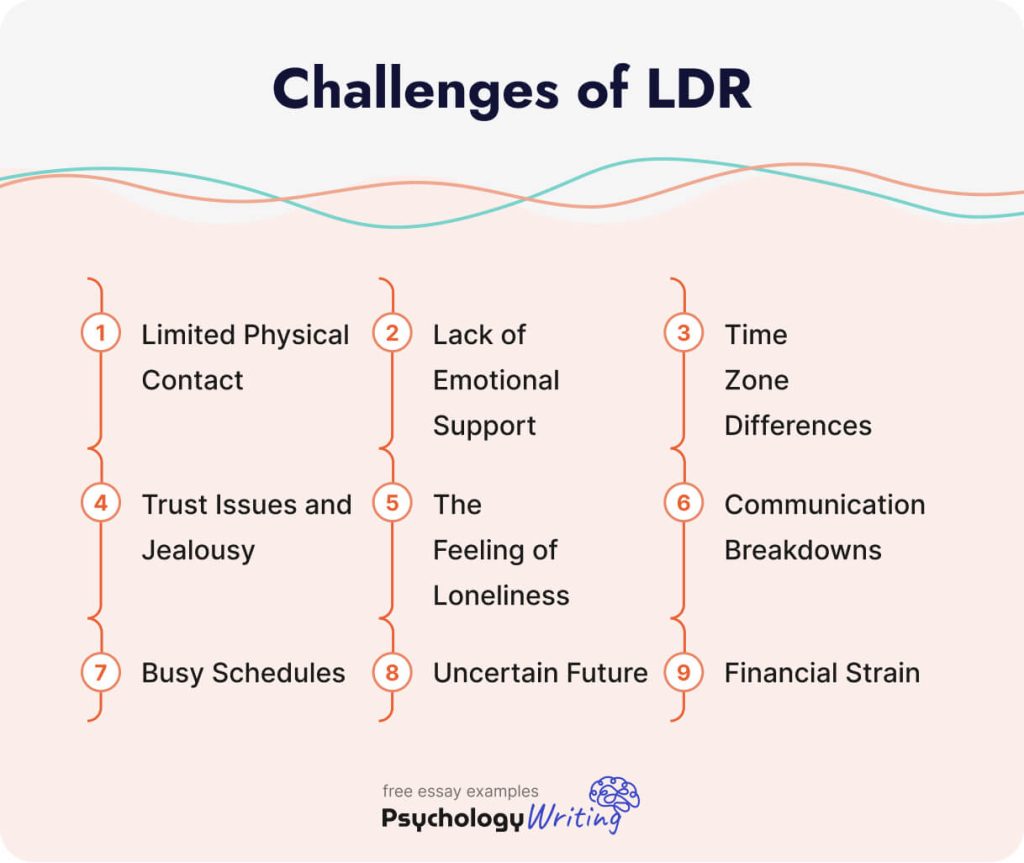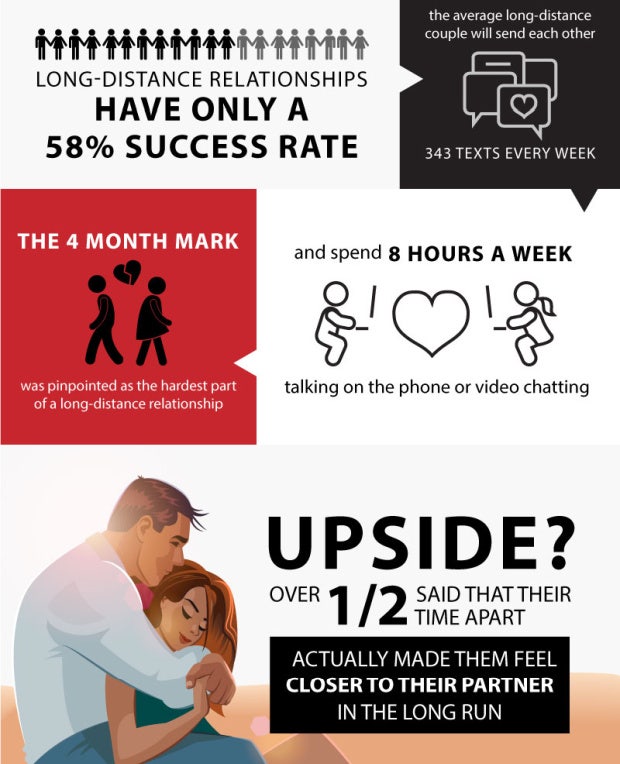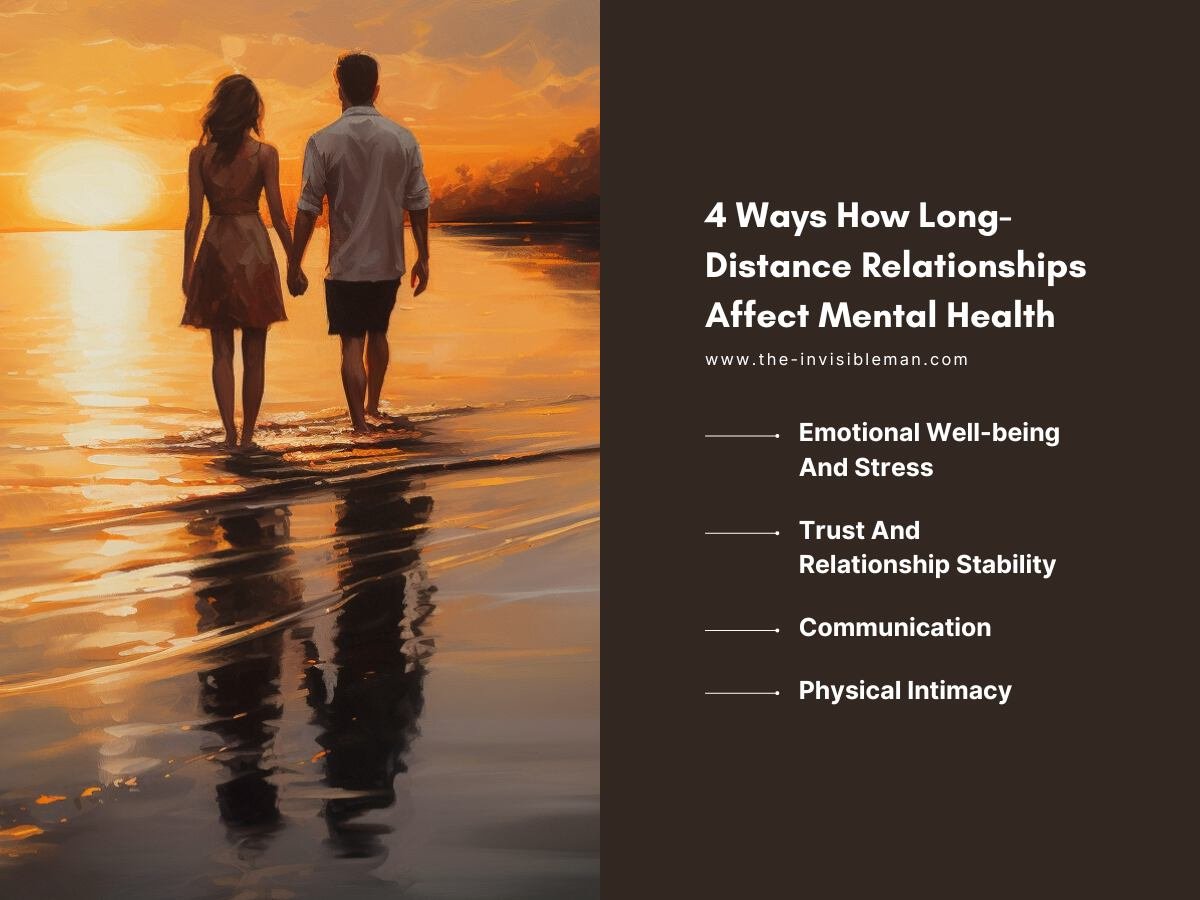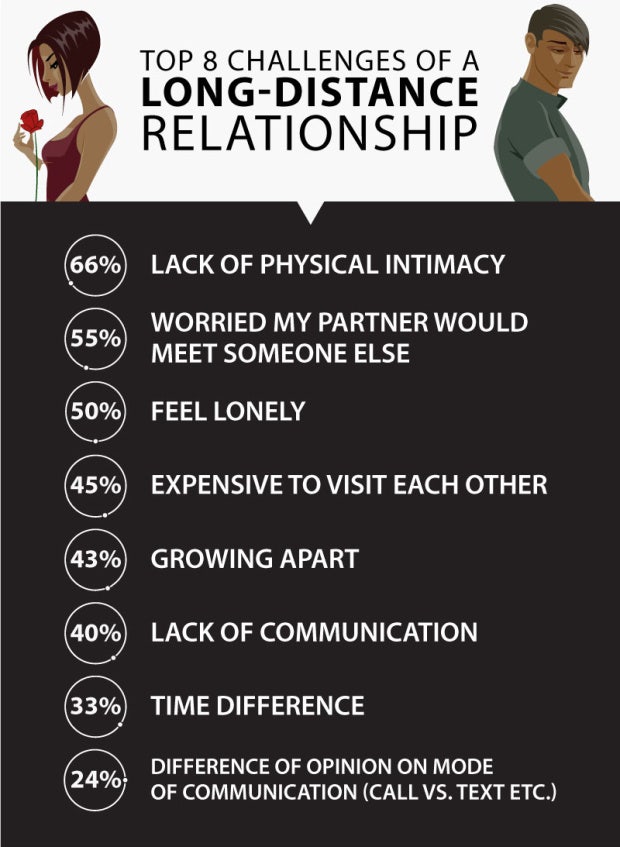
Understanding Long-Distance Relationships
Definition and Types of Long-Distance Relationships
Long-distance relationships (LDRs) occur when partners are physically separated by significant distances, often requiring travel to see each other. These relationships can take various forms, such as:
- Geographical Separation: Different cities or countries.
- Temporary Situations: School or job assignments.
- Military Deployment: One partner serving away from home.
Each scenario can present unique challenges and opportunities, but the underlying definition remains the same: a heartfelt connection despite the miles apart.
Factors Contributing to the Success of Long-Distance Relationships
Success in LDRs doesn’t just happen; it relies on several key factors, such as:
- Communication: Regular and meaningful dialogue is vital.
- Trust: A cornerstone that ensures fidelity and emotional security.
- Shared Goals: Having a clear vision for the future boosts commitment.
For instance, couples who consistently discuss their plans can better navigate the uncertainties of distance, resulting in a more robust partnership.

Common Challenges in Long-Distance Relationships
Communication Issues
While communication is crucial in long-distance relationships, it can also be a significant challenge. Couples may struggle to find the right time to connect due to time zone differences or busy schedules. Misunderstandings can arise from text messages lacking tone and context.
To overcome this, partners should:
- Schedule regular video calls.
- Use various platforms for messaging and social sharing.
- Avoid assumptions and clarify any doubts immediately.
Trust and Jealousy
Trust is the backbone of any relationship, but distance can make it fragile. Emotions like jealousy can creep in, especially when one partner shares experiences with friends or peers without the other. Open conversations about feelings and boundaries can help reinforce trust and diminish jealousy.
Loneliness and Isolation
Loneliness can be a heavy burden in a long-distance relationship. Partners may feel isolated during special occasions or mundane moments. To tackle this, engaging in activities together virtually, like movie nights or online games, can help bridge the gap. Creating new shared experiences maintains the emotional connection, ensuring neither partner feels alone in their journey.

Strategies for Making Long-Distance Relationships Work
Communication Tips
To cultivate a thriving long-distance relationship, effective communication is essential. Here are some practical tips:
- Set Regular Check-Ins: Establish a routine for calls or video chats to stay connected.
- Use Voice Notes: Sometimes, hearing each other’s voices can strengthen the bond.
- Share Daily Life: Use apps to send quick snapshots of your day to keep each other in the loop.
Establishing Trust and Transparency
Trust can be built through transparency. Both partners should feel comfortable discussing their feelings and concerns openly. This can be reinforced by:
- Discussing Boundaries: Clearly define what is acceptable regarding interactions with others.
- Honesty: Be forthcoming about your feelings of insecurity or jealousy.
Finding Ways to Connect Despite the Distance
Despite the miles, creative connection is possible. Couples can strengthen their bond through:
- Virtual Date Nights: Plan themed dinners where you cook the same meal and video call while dining.
- Online Games or Challenges: Engage in multiplayer games to share fun experiences together.
By adopting these strategies, couples can nurture their relationship, ensuring love and connection flourish, regardless of the distance.

Benefits of Long-Distance Relationships
Personal Growth and Independence
One of the significant benefits of long-distance relationships is personal growth. Being apart allows individuals to pursue their interests, careers, and hobbies without feeling tethered. This independence fosters confidence and self-discovery. For example, a friend of mine took up painting when her partner moved away, which not only enriched her creative skills but also contributed to her sense of identity.
Stronger Emotional Connection
Interestingly, distance often amplifies emotional connections. The effort made to maintain communication and share experiences can deepen intimacy. Couples often find themselves discussing profound topics, leading to greater understanding and empathy.
Building Trust and Commitment
Finally, long-distance relationships can help build trust and commitment. Partners learn to rely on each other more, understanding that their love can withstand challenges. Frequent discussions about future plans or shared goals reinforce their dedication to one another, making the relationship more resilient. By focusing on these benefits, couples can turn challenges into strengths, enhancing their bond.

Signs that a Long-Distance Relationship may not be Working
Lack of Communication
One of the most telling signs that a long-distance relationship may not be working is a noticeable decline in communication. When partners stop checking in regularly or avoid deep conversations, it can signal disconnect. For instance, a couple I knew gradually shifted from daily chats to sporadic texts, ultimately leading to misunderstandings and resentment.
Growing Apart Emotionally
Feeling emotionally distant is another red flag. If one or both partners start to feel like they’re leading separate lives without shared experiences or emotional intimacy, it can create a rift. Keep an eye out for:
- Reduced sharing of personal thoughts or feelings.
- A lack of interest in each other’s daily lives.
Infidelity and Distrust
Lastly, infidelity and distrust can severely harm a long-distance relationship. If either partner has unhealthy relationships outside the bond or frequently questions the other’s loyalty, it undermines the foundation of trust. Establishing a strong communication channel and discussing any feelings of insecurity openly can help address these issues before they escalate. Recognizing these signs early can save the relationship from spiraling further apart.

Maintaining a Healthy Balance in a Long-Distance Relationship
Setting Boundaries and Expectations
To foster a thriving long-distance relationship, setting clear boundaries and expectations is critical. Discuss what behaviors are acceptable and what might trigger insecurity. For instance, my friend and her partner agreed to limit late-night calls during work weeks to manage their personal time better, which significantly improved their overall communication.
Balancing Personal and Relationship Needs
It’s essential to pursue personal interests while nurturing the relationship. Both partners should:
- Engage in hobbies and make new friends.
- Prioritize time for self-care alongside relationship goals.
Striking this balance prevents the relationship from becoming overwhelming or stifling.
Planning for the Future Together
Lastly, having a roadmap for the future helps maintain focus and commitment. Discuss where you see the relationship heading—whether that involves a timeline for closing the distance or shared dreams. Creating these plans together not only nurtures hope but also strengthens the bond, ensuring both partners stay aligned in their journey. This approach provides a sense of stability and shared purpose, essential for a healthy long-distance relationship.
